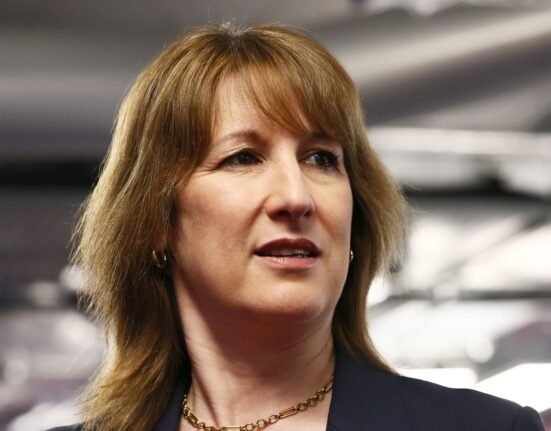Earlier this month, many Cook County homeowners received a not-so-welcome present in their mailboxes: their property tax bills.
The average amount owed in Cook County increased for the 30th consecutive year. South suburban residents got hit especially hard with bills that were thousands of dollars higher than the previous year.
CBS News Chicago analyzed why the area saw such a tax jump and what’s being done to curb the sticker shock.
Jeffery Brown was outraged when he opened up his latest tax bill from Cook County, for more than $8,500, which was more than $4,100 higher than he paid the previous year for his Hazel Crest home. He didn’t renovate or anything like that, so the huge jump in his tax bill confused him.
CBS
“There’s nothing here that costs that much for this tax bill to go up,” Brown said.
CBS News Chicago asked the Cook County Assessor’s Office to check Brown’s bill. The increase was not a mistake, the office said and pointed out recent home sales in the neighborhood. Higher prices meant higher home valuations, which mean higher taxes.
In nearby Dixmoor, homeowners experienced similar woes as many tax bills doubled. One viewer told CBS News Chicago his bill went from about $1,100 total in 2022, to more than $2,600 for 2023.
A map from the Cook County Treasurer’s Office showed residents, mostly in southern Cook County suburbs, saw the biggest increase in their property tax bills, sometimes 15% or more on average.
Cook County Treasurer’s Office
So why did residents in Hazel Crest and neighboring communities see such a big increase?
Home sales were one factor. Empty lots were another.
A small commercial tax base in Cook County in the southern part of Cook County hurts residential property owners.
“One of the things that we want to make sure is that there are robust, transformative economic development investments being made in the south suburbs,” said Kristi DeLaurentiis, executive director of the South Suburban Mayors & Managers Association.
The group is responsible for the Southland Reactivation Act, a tax incentive program aiming to entice investors to develop unused municipally-owned lots.
“We are trying to get them back on the tax rolls so they are contributing and lowering everyone else’s property tax bill,” DeLaurentiis said.
A potential incentive for buyers of the often dilapidated commercial and industrial sites is 12 years of reduced taxes.
Oak Forest was proud to announce the plan for a new Dunkin’ Donuts, thanks to the Southland Reactivation Act.
Calumet Park hopes to see similar action at one site on Ashland Avenue. The village is using grant money to get the location shovel-ready for an investor.
CBS
More than 3,000 parcels in Midlothian, Harvey, Dolton and other communities could be eligible for the incentive program, which went into effect last year. DeLaurentiis said implementation of the program is “slow going,” but they are “just at the precipice” of starting.
Still, the solution didn’t seem to impress Brown.
“I’m old school. I’d like to see the proof in the pudding,” he said.
That’s because no matter what’s being done for the future, the present situation still hurts homeowners like him.
“I’m a single parent,” Brown said. “I gotta pay the bills. I’m gonna need a new car pretty soon.”
He added, “A lot of people weren’t prepared for all this.”
Cook County taxes are due this Thursday. Higher bills might be hard for some people to pay in a lump sum.
The Cook County Treasurer’s Office is offering a free payment plan calculator, a tool that will send homeowners weekly or monthly reminders to pay off tax expenses little by little.







